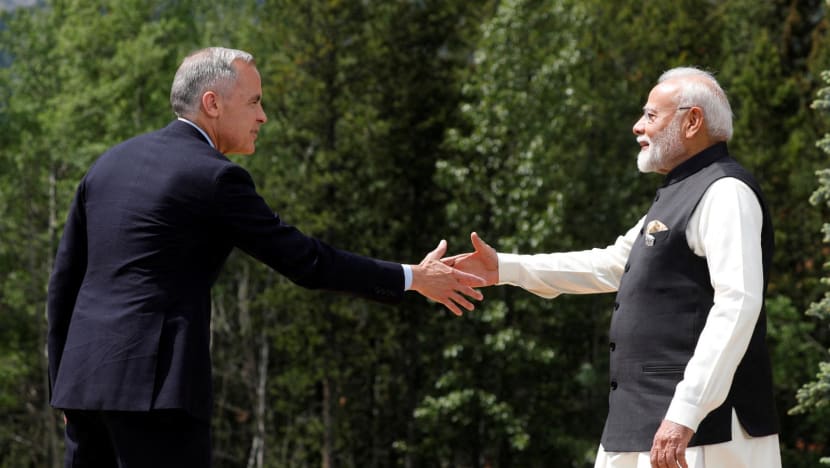

After a period of strained relations, India and Canada are signaling a thaw in diplomatic ties, marked by the agreement to return ambassadors to each other's capitals. This development comes as Canadian Prime Minister Mark Carney and Indian Prime Minister Narendra Modi met at the G7 Leaders' Summit in Kananaskis, Alberta, engaging in bilateral talks aimed at moving past recent tensions.
The relationship between India and Canada experienced a significant downturn following allegations made by former Canadian Prime Minister Justin Trudeau in 2023. Trudeau had claimed there was credible evidence linking Indian government agents to the assassination of Hardeep Singh Nijjar, a Canadian Sikh separatist leader, on Canadian soil. These allegations, which India vehemently denied, led to a freeze in trade talks, reciprocal expulsions of diplomats, and a chilling effect on people-to-people exchanges, particularly impacting student visas and immigration.
In October 2024, amidst the escalating tensions, India withdrew its High Commissioner and other diplomats from Canada, following Ottawa's declaration that six Indian officials were "persons of interest" in connection with the Nijjar killing. India, in turn, expelled six Canadian diplomats.
The recent meeting between Prime Minister Carney and Prime Minister Modi represents a significant step towards mending the fractured relationship. Prime Minister Carney extended an invitation to Prime Minister Modi to attend the G7 summit, underscoring India's importance in global supply chains and as a key player in addressing global challenges. During their meeting, both leaders reaffirmed the importance of Canada-India ties, emphasizing the need for mutual respect, adherence to the rule of law, and commitment to sovereignty and territorial integrity. They agreed to designate new high commissioners, with the goal of restoring regular services to citizens and businesses in both countries.
Several factors have contributed to the impetus for a reset in relations. Mark Carney's ascent to Prime Minister of Canada has provided a fresh political opening, with his administration expected to adopt a more inclusive immigration stance and prioritize international talent retention, especially from strategic countries like India. Both countries also recognize the strategic importance of deepening ties amidst growing global tensions with China and Russia. Moreover, the economic links between the two nations remain significant. Bilateral trade between India and Canada increased by 3.2% to $8.6 billion in FY25, highlighting the potential for further growth and collaboration in sectors such as pharmaceuticals, chemicals, energy, and technology. India is also a top source of temporary foreign workers and international students for Canada.
Despite the positive developments, challenges remain. Concerns related to extremism and anti-India activities on Canadian soil persist, and India has urged Canadian authorities to take concrete steps to curb such elements. The Sikh community in Canada, the largest outside of India, has voiced concerns and protests regarding Prime Minister Modi's visit. Managing these security irritants and ensuring that the judicial process related to the Nijjar killing does not further strain bilateral relations will be crucial for a sustained improvement in ties.
Overall, the return of ambassadors and the high-level meeting between Prime Minister Carney and Prime Minister Modi signal a positive shift in India-Canada relations. While challenges remain, the renewed commitment to dialogue and cooperation offers hope for a more stable and productive partnership in the years to come.